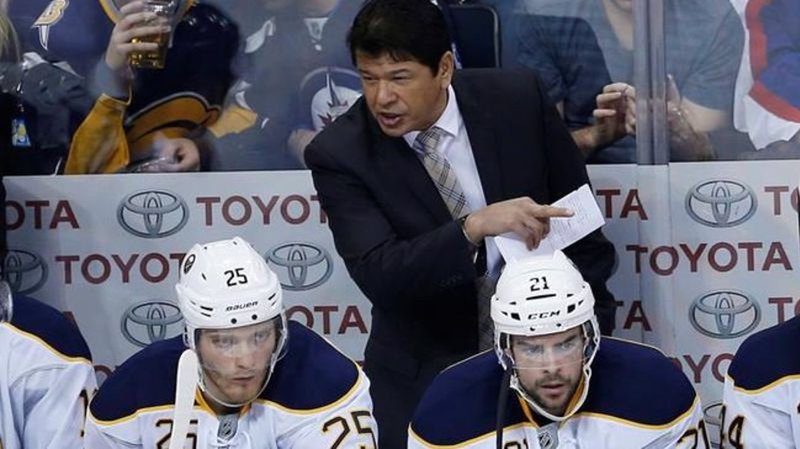
Nolan: Actions, not words, needed to combat racism in hockey
Ted Nolan has dealt with racism throughout his decades-long association with hockey.
He recalls one coach making fun of him by saying he was “stickhandling by chopping the puck with a tomahawk.”
Despite some recent initiatives by the NHL to tout growing diversity within hockey, Nolan says not much has actually changed.
“You don’t see much difference,” said Nolan, a longtime coach at the NHL, major junior and international levels. “It’s the same thing, but I think we’re just getting a little bit better with words to make it sound like we’re doing better.”


